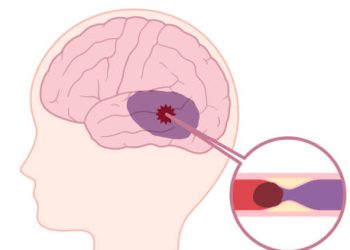Club Foot – Overview
Club foot is a congenital condition in which a baby’s foot or feet are twisted out of their normal position. The term talipes equinovarus describes a deformity where the foot points downward and inward, often resembling the shape of a golf club. It can affect one or both feet and occurs in roughly 1 in every 1,000 live births, making it one of the most common musculoskeletal birth defects.
This condition develops during pregnancy and is typically detected at birth or during prenatal scans. The bones, muscles, tendons, and blood vessels of the affected foot are abnormally shaped or positioned, making it difficult or impossible for the child to walk normally without treatment. Although the condition itself is not painful, if left untreated, it can lead to long-term disability, difficulty in walking, and social or psychological issues due to visible deformity.
Club Foot
Fortunately, with early diagnosis and proper intervention, the outcomes for children with talipes equinovarus are excellent. Most babies respond well to non-surgical treatment methods, particularly the Ponseti method, which involves gentle manipulation, casting, and bracing. In more severe or resistant cases, surgical intervention may be required.
In summary, club foot is a treatable birth defect involving the abnormal positioning of the foot or feet. Early treatment leads to good outcomes, allowing children to walk, run, and lead active lives without restrictions.
Hope Through Early Treatment
Early diagnosis and intervention are key to correcting it and ensuring normal mobility. With prompt and consistent treatment — particularly in infancy — most children regain full function and experience no lasting limitations. Techniques like the Ponseti method have transformed the prognosis for affected children, offering non-invasive solutions with high success rates.
Looking Ahead
Ongoing care, including follow-ups and bracing, plays a vital role in preventing relapse. Education and support for parents are also crucial, as managing club foot requires commitment and consistency in the early years. With the right care, children born with it can look forward to healthy, active lives without physical or social barriers.

